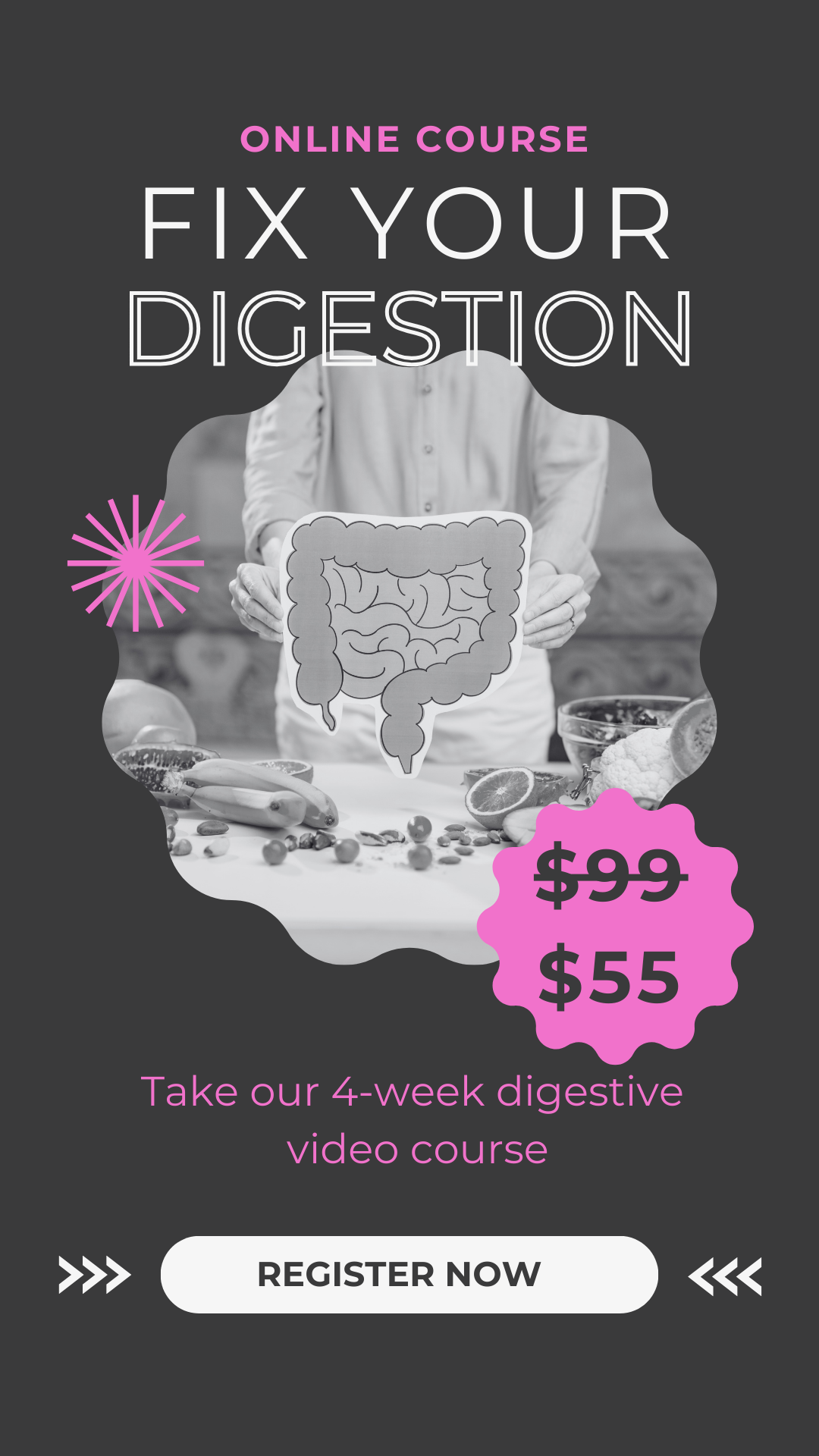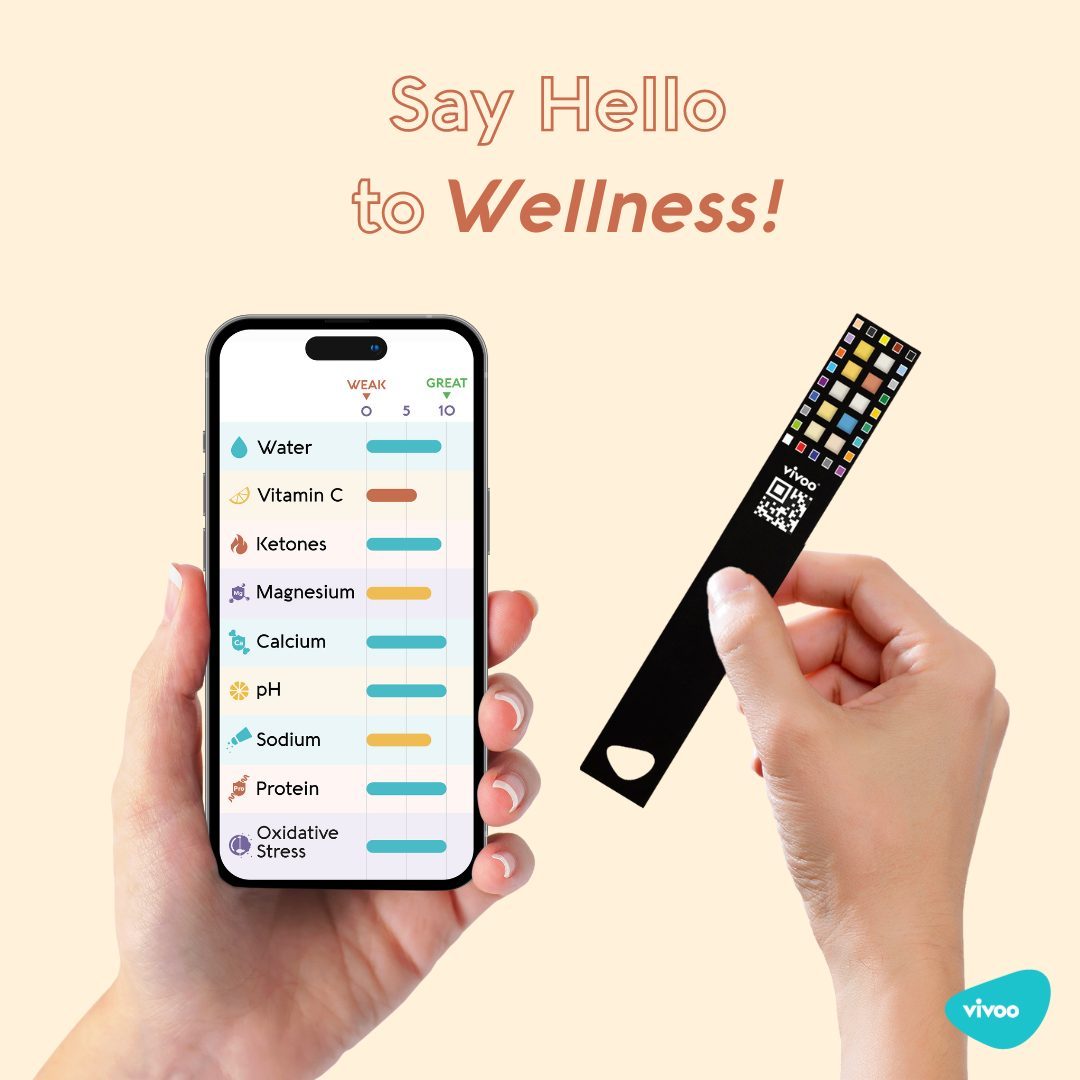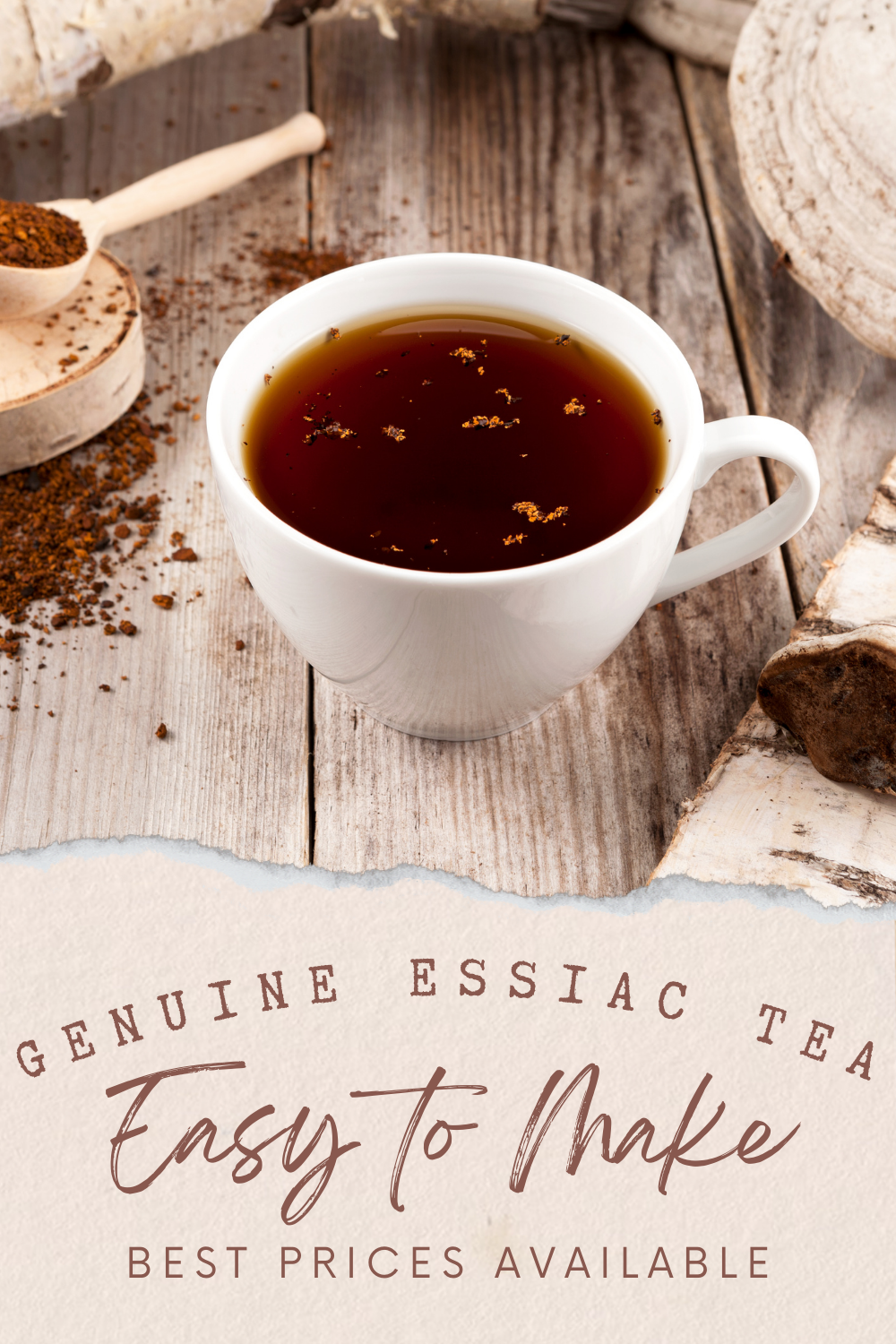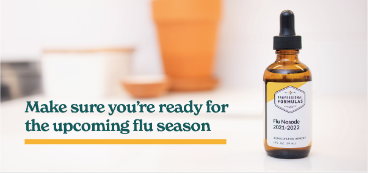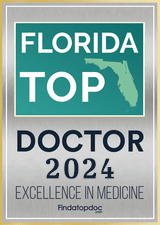Natural Medicine Practitioner Naples, FL
- Home
- Immune System
- Covid 19
Vitamin D Supplements Could Reduce Risk of Influenza and COVID-19 Infection and Death
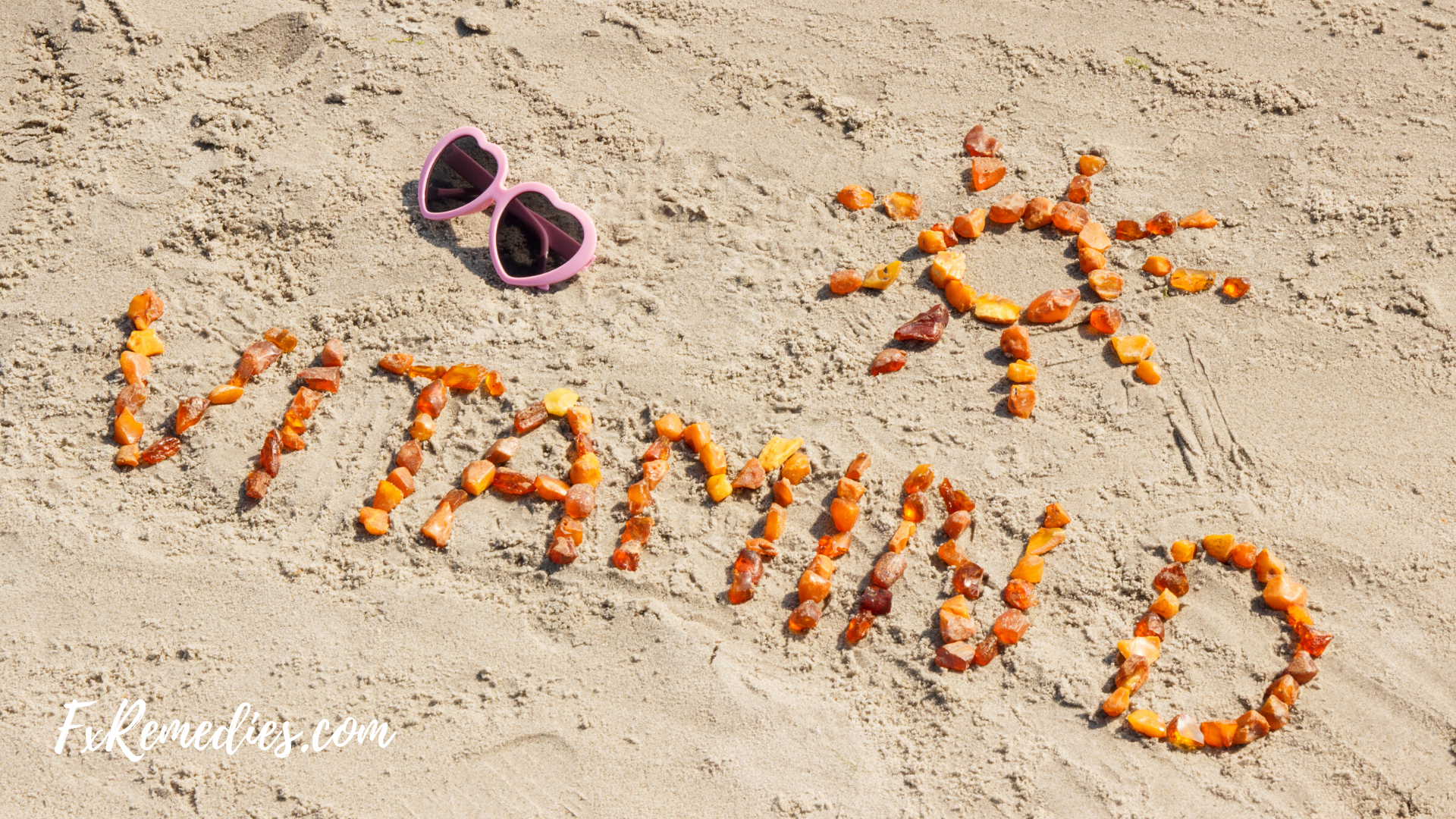
*This page may contain affiliate links. Click here to read my affiliate policy.
From Orthomolecular Medicine News Service
FOR IMMEDIATE RELEASE
**Article reprinted with permission from OMNS
by William B. Grant, PhD and Carole A. Baggerly
(OMNS Apr 9, 2020) There are two main reasons why respiratory tract infections such as influenza and COVID-19 occur in winter: winter sun and weather and low vitamin D status. Many viruses live longer outside the body when sunlight, temperature, and humidity levels are low as they are in winter [1].Vitamin D is an important component of the body's immune system, and it is low in winter due to low solar ultraviolet-B (UVB) doses from exposure and the low supplement intakes of most. While nothing can be done about winter sun and weather, vitamin D status can be raised through vitamin D supplements.
Vitamin D has several mechanisms that can reduce risk of infections [2]. Important mechanisms regarding respiratory tract infections include:
- inducing production of cathelicidins and defensins that can lower viral survival and replication rates as well as reduce risk of bacterial infection
- reducing the cytokine storm that causes inflammation and damage to the lining of the lungs that can lead to pneumonia and acute respiratory distress syndrome.
Vitamin D deficiency has been found to contribute to acute respiratory distress syndrome, a major cause of death associated with COVID-19 [3]. An analysis of case-fatality rates in 12 U.S. communities during the 1918-1919 influenza pandemic found that communities in the sunny south and west had much lower case-fatality rates (generally from pneumonia) than those in the darker northeast [4].
To reduce risk of infection, it is recommended that people at risk of influenza and/or COVID-19 consider taking 10,000 IU/day (250 micrograms/day) of vitamin D for a few weeks to rapidly raise 25-hydroxyvitamin D [25(OH)D] concentrations, followed by at least 5000 IU/day. The goal should be to raise 25(OH)D concentrations above 40-60 ng/ml (100-150 nmol/l), taking whatever is necessary for that individual to achieve and maintain that level.
For treatment of people who become infected with COVID-19, higher vitamin D doses would be required to rapidly increase 25(OH)D concentrations.
Vitamin D is an inactive, pro-hormone which is also considered a seasonal, 'conditional' vitamin as vitamin D is not usually produced by the skin during the winter or when people are inside or covered up in the summer. Vitamin D is produced through the action of UVB radiation on 7-dehydrocholesterol in the skin followed by a thermal reaction. It then enters the blood stream and when it reaches the liver, it receives a hydroxyl group and becomes 25(OH)D. This is the circulating metabolite that is measured to determine vitamin D status [25(OH)D concentration]. This metabolite is essentially inert, but is converted in the kidneys to 1,25(OH)2D (calcitriol) for circulation in the blood, where it helps regulate serum calcium concentrations. Other organs can also convert 25(OH)D to calcitriol as needed, such as to fight cancer. Most of the effect of vitamin D is mediated by calcitriol entering vitamin D receptors (VDRs) attached to chromosomes in nearly every cell in the body, resulting in many genes being up- or down-regulated.
An adequate magnesium level is required for the activation of 25(OH)D [5]. Since many people in our modern society are deficient, along with supplements of vitamin D, magnesium supplements (300-400 mg/d, in citrate, chloride or malate form) should be considered. Data from voluntary participants in GrassrootsHealth.net's 25(OH)D concentration measurement program found that taking magnesium supplements was equivalent to taking ~400 IU/d more vitamin D supplementation. [6]
While the initial classical role of vitamin D is to regulate calcium and phosphate absorption and metabolism, vitamin D has many non-skeletal effects. Many of the effects are known from observational studies in which serum 25(OH)D concentrations for those with or without specific diseases or conditions are compared statistically. Such studies generally find that concentrations above 30 to 50 ng/ml (75 to 125 nmol/l) are associated with lower risk of disease than concentrations below 10-20 ng/ml, such as cancer, cardiovascular disease, diabetes mellitus, etc. [7]. Two large-scale randomized controlled trials (RCTs) did find significant reductions in incidence and mortality rates for cancer and progression from prediabetes to diabetes in the secondary analyses [8].
At this point, what is needed are quickly developed public health studies to evaluate the effect on preventing COVID-19 in the populations that achieved the recommended serum concentrations. Another critically important project would be to evaluate the serum 25(OH)D concentrations of those who develop severe symptoms of COVID-19 infection. Achieved 25(OH)D concentrations should be measured.
Medical systems generally require randomized controlled trials (RCTs) that investigate effectiveness and risks before accepting what they consider a novel treatment. This requirement is problematic for vitamin D since most RCTs conducted to date have not followed Heaney's guidelines for all nutrient studies:
Heaney's guidelines [9], applied to vitamin D:
- Basal 25(OH)D must be measured, used as an inclusion criterion for entry into study, and recorded in the report of the trial.
- Vitamin D supplementation must be large enough to change vitamin D status and must be measured.
- The change in 25(OH)D produced in those enrolled in the trials must be measured and recorded in the report of the trial.
- The hypothesis to be tested must be that a change in 25(OH)D (not just a change in vitamin D intake) produces the sought-for effect.
- Conutrient status must be optimized in order to ensure that the test nutrient is the only nutrition-related, limiting factor in the response
Open-label field trials based on Heaney's guidelines have found significantly reduced risk of disease such as breast cancer [10].
Regarding the safety of high-dose vitamin D supplementation, the abstract of a recent article [11] stated:
"During this time, we have admitted over 4700 patients, the vast majority of whom agreed to supplementation with either 5000 or 10,000 IUs/day. Due to disease concerns, a few agreed to larger amounts, ranging from 20,000 to 50,000 IUs/day. There have been no cases of vitamin D3 induced hypercalcemia or any adverse events attributable to vitamin D3 supplementation in any patient." In addition, many reviews have reported that vitamin D supplementation is safe.
The studies that aim to provide whatever intake is necessary to obtain a serum level between 40- 60 ng/ml (100-150 nmol/L) have shown a wide range of responses to a specific vitamin D intake. Thus, it is necessary to measure 25(OH)D concentrations at the start of vitamin D supplementation and after supplementing for a 2-3 months. Hypercalceima is the only significant risk [12], but generally does not occur below 150 ng/ml (375 nmol/l) and can be easily treated by stopping supplementation at that time.
The groups for whom it is most important to take vitamin D supplements during the current COVID-19 pandemic are health care providers and first responders. [13]
It should be noted that treatment of those with COVID-19 has several goals: (1) reduce the symptoms; (2) overcome the adverse effects of the infection such as impaired oxygen uptake due to pneumonia; (3) if possible, reduce survival and replication of the virus; (4) keep the patient alive long enough so that the body's immune system can overcome the infection. As discussed in a recent review, the complex, integrated immune system needs multiple specific micronutrients, including vitamins A, D, C, E, B6, and B12, folate, zinc, iron, copper, and selenium, which play vital, often synergistic roles at every stage of the immune response. Micronutrients with the strongest evidence for immune support are vitamins C and D and zinc. Available evidence indicates that supplementation with multiple micronutrients with immune-supporting roles may modulate immune function and reduce the risk of infection [14]. Thus, more attention should be paid to supporting the immune system when treating COVID-19 patients.
Data from GrassrootsHealth.net volunteers underscores the interdependence of various supplements that affect immunity. Participants taking approximately 1000 mg/d vitamin C achieved a 25(OH)D concentration of 40 ng/ml with 586 IU/d lower vitamin D supplementation. [15]
Results for effects on 25(OH)D for vitamins B6, B12, K2, and calcium are available at GrassrootsHealth.net.
(William B. Grant, PhD, may be reached at Williamgrant08@comcast.net and Carole A. Baggerly at carole@grassrootshealth.org )
References:
1. Aldridge RA, Lewer D, Beale S, et al. (2020) Seasonality and immunity to laboratory-confirmed seasonal coronaviruses (HCoV-NL63, HCoV-OC43, and HCoV-229E): results from the Flu Watch cohort study [version 1; peer review: awaiting peer review] 30 March 2020. https://wellcomeopenresearch.org/articles/5-52/v1
2. Grant WB, Lahore H, McDonnell SL, Baggerly CA, French CB, Aliano JA, Bhattoa HP. (2020) Evidence that vitamin D supplementation could reduce risk of influenza and COVID-19 infections and deaths. Nutrients. 12: 988. https://www.mdpi.com/2072-6643/12/4/988
3. Dancer RC, Parekh D, Lax S, D'Souza V, Zheng S, Bassford CR, et al. (2015) Vitamin D deficiency contributes directly to the acute respiratory distress syndrome (ARDS). Thorax. 70:617-624. http://thorax.bmj.com/cgi/pmidlookup?view=long&pmid=25903964
4. Grant WB, Giovannucci E. (2009) The possible roles of solar ultraviolet-B radiation and vitamin D in reducing case-fatality rates from the 1918-1919 influenza pandemic in the United States. Dermatoendocrinol. 1:215-219. http://www.tandfonline.com/doi/full/10.4161/derm.1.4.9063
5. Uwitonze AM, Razzaque MS. (2018) Role of magnesium in vitamin D activation and function. J Am Osteopath Assoc. 118:181-189. https://jaoa.org/article.aspx?articleid=2673882
6. GrassRoots Health Research Institute. (2020) Are both supplemental magnesium and vitamin K2 combined important for vitamin D levels? https://www.grassrootshealth.net/blog/supplemental-magnesium-vitamin-k2-combined-important-vitamin-d-levels
7. Rejnmark L, Bislev LS, Cashman KD, Eir¡ksdottir G et al. (2017) Non-skeletal health effects of vitamin D supplementation: A systematic review on findings from meta-analyses summarizing trial data. PLoS One. 12(7):e0180512. http://dx.plos.org/10.1371/journal.pone.0180512
8. Grant WB, Boucher BJ. (2019) Why secondary analyses in vitamin D clinical trials are important and how to improve vitamin D clinical trial outcome analyses - A comment on "extra-skeletal effects of vitamin D. Nutrients. 11(9). pii: E2182. https://www.mdpi.com/2072-6643/11/9/2182
9. Heaney RP. (2014) Guidelines for optimizing design and analysis of clinical studies of nutrient effects. Nutr Rev.72:48-54. https://onlinelibrary.wiley.com/doi/pdf/10.1111/nure.12090
10.McDonnell SL, Baggerly CA, French CB, Baggerly LL, Garland CF et al. (2018) Breast cancer risk markedly lower with serum 25-hydroxyvitamin D concentrations ò60 vs < 20 ng/ml (150 vs 50 nmol/L): Pooled analysis of two randomized trials and a prospective cohort. PLoS One. 13(6):e0199265. http://dx.plos.org/10.1371/journal.pone.0199265
11. McCullough PJ, Lehrer DS, Amend J. (2019) Daily oral dosing of vitamin D3 using 5000 TO 50,000 international units a day in long-term hospitalized patients: Insights from a seven year experience. J Steroid Biochem Mol Biol. 189:228-239. https://www.ncbi.nlm.nih.gov/pubmed/30611908
12. Malihi Z, Wu Z, Lawes CMM, Scragg R. (2019) Adverse events from large dose vitamin D supplementation taken for one year or longer. J Steroid Biochem Mol Biol. 188:29-37. https://www.sciencedirect.com/science/article/abs/pii/S0960076018304692?via%3Dihub
13. Grant WB. (2020) Re: Preventing a covid-19 pandemic: Can vitamin D supplementation reduce the spread of COVID-19? Try first with health care workers and first responders. BMJ, 368:m810. https://www.bmj.com/content/368/bmj.m810/rr-42
14. Gombart AF, Pierre A, Maggini S. (2020) A review of micronutrients and the immune system-working in harmony to reduce the risk of infection. Nutrients 12(1). pii: E236. http://www.mdpi.com/resolver?pii=nu12010236
15. GrassRoots Health Research Institute. (2020) Is supplemental vitamin C important for vitamin D levels? https://www.grassrootshealth.net/blog/supplemental-vitamin-c-important-vitamin-d-levels
Related publications
Grant WB, Al Anouti F, Moukayed M. (2020) Targeted 25-hydroxyvitamin D concentration measurements and vitamin D3 supplementation can have important patient and public health benefits. Eur J Clin Nutr. 74:366-376. http://dx.doi.org/10.1038/s41430-020-0564-0
Grant WB, Boucher BJ, Bhattoa HP, Lahore H. (2018) Why vitamin D clinical trials should be based on 25-hydroxyvitamin D concentrations. J Steroid Biochem Mol Biol. 177:266-269. https://core.ac.uk/download/pdf/161069124.pdf
McNamara L. (2020) COVID-19: Fighting fear and the coronavirus pandemic with precautions and quality supplements. https://laddmcnamara.com/2020/03/13/covid-19-fighting-fear-and-the-coronavirus-pandemic-with-precautions-and-quality-supplements
Laird E, Kenny EA. (2020) Vitamin D deficiency in Ireland - implications for COVID-19. Results from the Irish Longitudinal Study on Ageing (TILDA). https://tilda.tcd.ie/publications/reports/pdf/Report_Covid19VitaminD.pdf
McCartney DM, Byrne DG. (2020) Optimisation of vitamin D status for enhances immune-protection against COVID-19. Irish Med J.113:P58. http://imj.ie/wp-content/uploads/2020/04/Optimisation-of-Vitamin-D-Status-for-Enhanced-Immuno-protection-Against-Covid-19.pdf
Schwalfenberg GK. (2020) Rapid Response: Covid 19, Vitamin D deficiency, smoking, age and lack of masks equals the perfect storm. BMJ, 368:m810. https://www.bmj.com/content/368/bmj.m810/rr-44
Wimalawansa SJ. (2020) Global epidemic of coronavirus - COVID-19: What we can do to minimize risks. Eur J Biomedical Pharmaceutical Sci. 7:432-438.
Nutritional Medicine is Orthomolecular Medicine
Orthomolecular medicine uses safe, effective nutritional therapy to fight illness. For more information: http://www.orthomolecular.org
The peer-reviewed Orthomolecular Medicine News Service is a non-profit and non-commercial informational resource.
Learn More About OMNS:
Written and Reviewed By:

Jennifer Smith, BA, NMP, CHN
Jennifer Smith is a Natural Medicine Practitioner and Holistic Nutrition Practitioner. She has a Bachelor's degree in Christian Counseling. She has completed advanced training in Functional Nutrition, Functional Medicine, Natural Health Consultant diploma, Homeopathy, Biblical natural medicine, and Biblical Eating and Clinical Nutrition. Jennifer has a Natural Medicine clinic in Naples, FL called Fx Remedies Virtual Care.
Empower Your Health Journey with Our Natural Medicine Clinic
Unlock Your Health Potential with Simple At-Home Tests 🌿
Feeling disconnected from your body? Take charge of your health with our natural medicine clinic!
Why Choose Us?
🔹 Personalized Insights: At-home self-tests and Functional Wellness Report tailored for you.
🔹 Empowerment and Education: Guidance from experienced practitioners for well-being and vitality.
🔹 Exclusive Membership Benefits: Access personalized consultations, custom protocols, and ongoing support with our Fx Remedies Virtual Care membership.
🔹 Holistic Approach: Empowering women to manage hormonal imbalances, digestive issues, blood sugar imbalances, and overall vitality.
🔹Functional Medicine Lab Analysis: Comprehensive lab analysis to uncover root causes and provide targeted health recommendations.
🔹 Transformative Journey: Join our Virtual Care membership for a healthier, more vibrant life.
Take the First Step: Prioritize your health. Join us now for a natural, holistic, functional approach to wellness. Our virtual telehealth services are available in Naples, across Florida, the U.S., and internationally.














